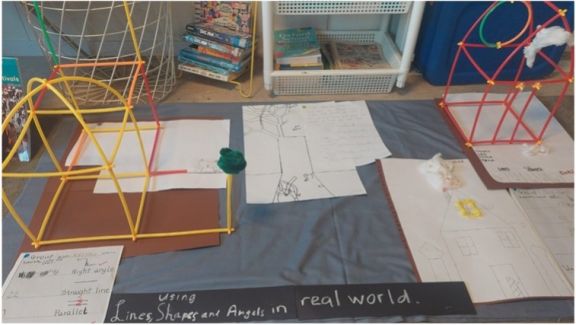By Tayla Zondagh, Classroom teacher and primary mathematics specialist
On 28 November 2024, an online workshop was held to help parents support their children's mathematics learning at home. The session focused on understanding maths fluency and provided practical strategies to engage children in maths activities. Parents were encouraged to help their children develop both conceptual knowledge (the "why" behind math) and procedural knowledge (the "how" of solving problems).
Everyday Maths Activities
Engaging questions such as “How many more?” or “What if we double that?” makes maths relevant and fun for children. Below are some examples of how to incorporate maths into daily activities:
- Counting change at the store helps practice addition and subtraction.
- Measuring ingredients while cooking can reinforce concepts of fractions and measurements.
- Calculating distances when traveling encourages the use of addition and subtraction in real contexts.
- Telling time and understanding schedules can improve time management skills.

Picture above: example of a
Balancing online & written practice
To effectively support learning, there should be a balance of online learning and written maths practice.
Suggested practices include:
- Using platforms like Mathseeds for grades 1-2 and Mathletics for grades 3-5 for engaging online lessons.
- Trying to set aside 15-20 minutes each day for online and written practice, adjusting based on the child's schedule, preferences and needs.
- Celebrating progress and achievements, no matter how small.
Creating a positive maths environment
It is important to create an encouraging atmosphere for maths learning at home. Some strategies include:
- Showing enthusiasm for maths and praising effort and progress, not just correct answers.
- Asking open-ended questions that promote critical thinking, like “Why do you think that works?” or “How did you get that answer?”
- Using visual aids such as drawings or physical objects to support understanding.
- Encouraging a growth mindset, for example by saying, “Maths skills improve with practice.”
By implementing these strategies, parents can support their children's mathematical journey effectively. Engaging in everyday maths activities, balancing online learning with written practice, and creating a positive environment will foster a love for maths and enhance fluency skills. Together, we can navigate the exciting world of mathematics.
